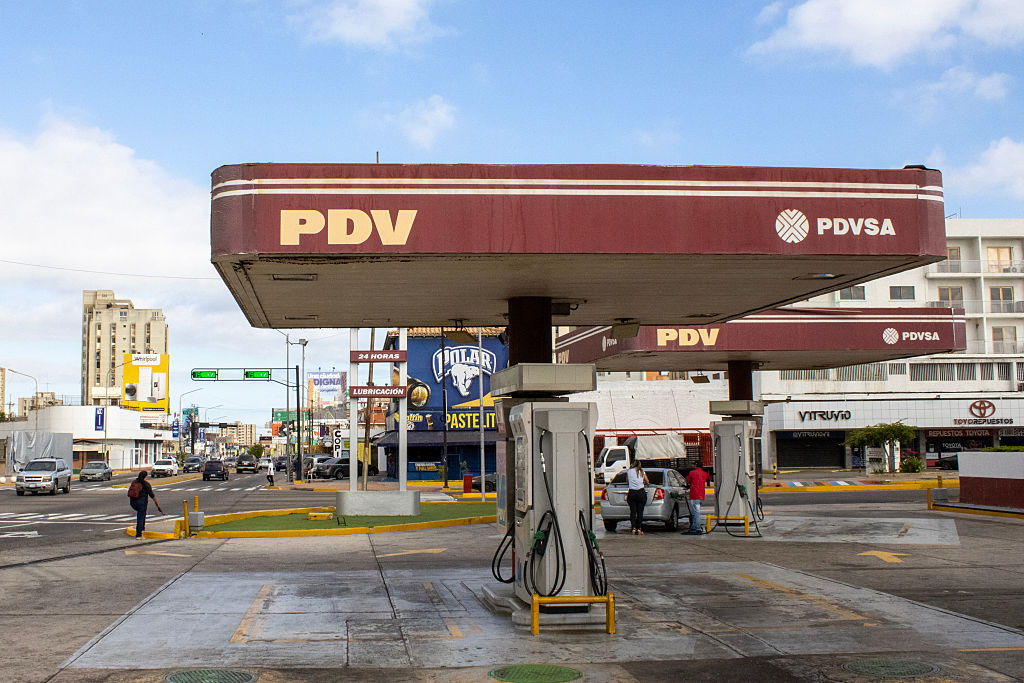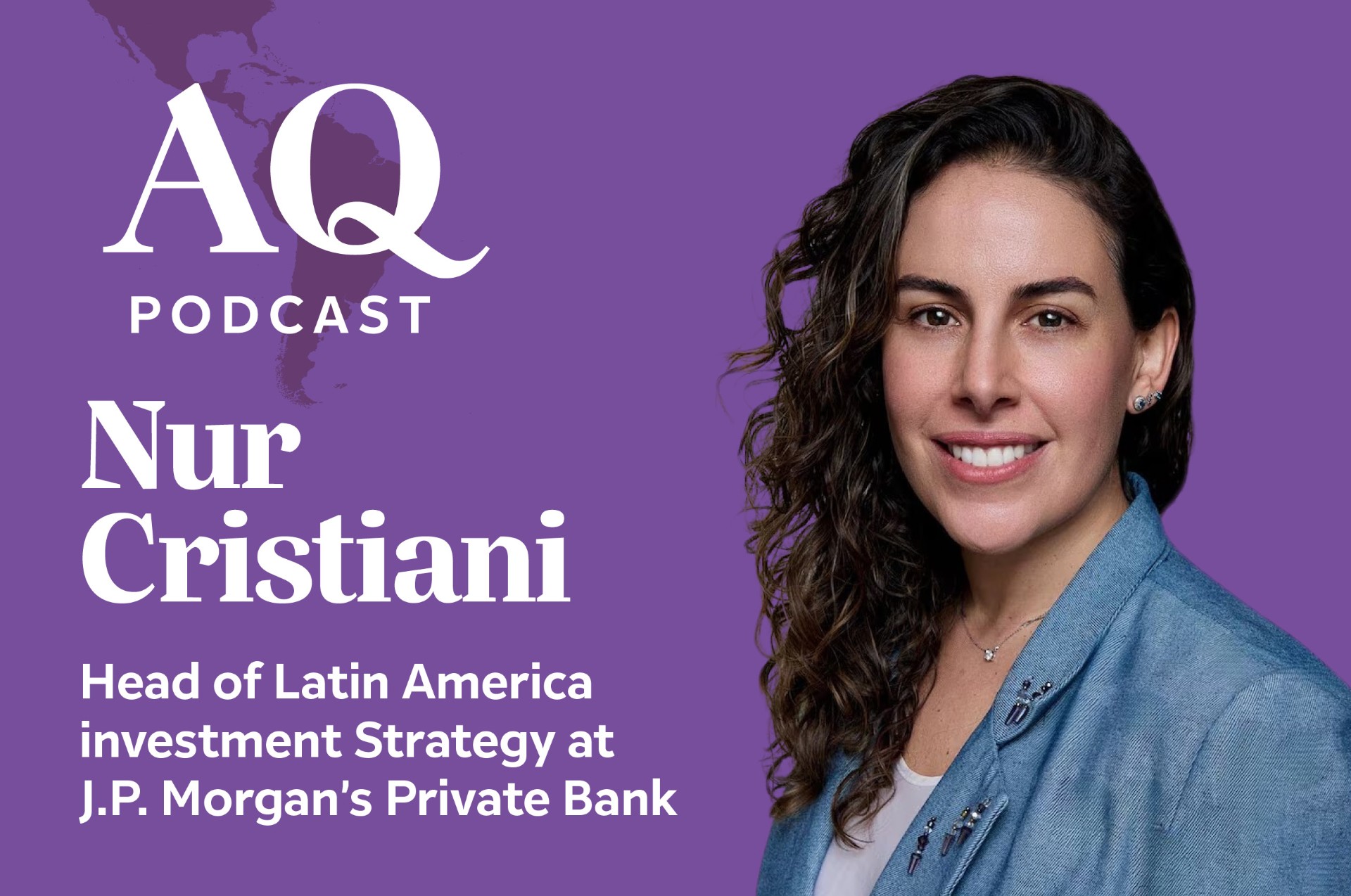An Interview with CP Latina's Miguel Ruíz Tapia
An Interview with CP Latina's Miguel Ruíz Tapia
“You can't say your sales have grown when the results are from changes in exchange rates,” says the CFO of Latin America’s largest geothermal exploration and drilling company.
A CFO has one of the most multi-faceted jobs within a corporation, covering everything from the everyday operational aspects of running a multinational to keeping an eye on technology developments and the potential impacts on business stemming from global political and economic issues.
To learn more about those impacts on the role of a Latin American multinational chief executive officer, AS/COA spoke with Miguel Ruíz Tapia, CFO of CP Latina, the region's largest geothermal exploration and drilling company. In today’s changing markets and their effect on currencies, Ruíz Tapia believes there is one topic—functional currency—that CFOs in the region should put their spotlight on.
Q: As technology and globalization rapidly bring changes in the corporate world, how would you describe the role of a Latin American CFO today?
A: First and foremost, we can't leave aside the traditional aspects of the CFO's job: operational efficiency, cost reductions, financing strategies, maintenance, corporate governance, and compliance. Then comes the forward-looking aspect of the job. Long-term vision, what type of investments you want to make, sustainability plans you want to implement, growth strategy. These are all necessary if you want your company to be around in the long-term.
Something that's very important to mention in terms of improvement, and something I see a lot in the region, is the concept of functional currency. It seems that for many, the concept of functional currency is difficult to understand. This is particularly true for companies operating in countries where the dollar is not an official currency.
I saw an example of this in a company that went public a few years ago. When I saw their financial information, it was in pesos, but given this company's amount of exports, the information should be in dollars.
Let's suppose that the company reports sales of $1 in January, and that the dollar was at 18 pesos. The next month, the company reports $1 again, no change in sales, but by then the dollar went up to 19 pesos, and they say sales have grown. You can't say your sales have grown when the results are from changes in exchange rates.
CFOs must know how currency exchange rates affect operations. This is crucial for the day-to-day operations. For example, if I import raw materials and I was paying 14 pesos to the dollar, and now I'm paying 20 pesos, imagine the impact those six pesos will have on our prices. And if that problem isn't dealt with effectively, you have significant problems in your margins.
Q: What are your thoughts on the current political, technological, and trade trends, and their impact on your role as a CFO?
A: What we need to do as CFOs is be very aware of political and economic matters and the effects they have on operations, such as how they can affect transactions, exports, and imports. One example is the recent tax cuts the U.S. implemented. In those cases, I need to know exactly how they will affect my industry, my company, my country. If I have many business partners in the U.S., I need to know how that will affect the performance of my exports and imports.
Most of those changes can be predicted or their effects can be dealt with through good planning and swift reactions. But there is another aspect of the globalized world that is difficult to control and can have an impact on business, and that is the reaction of stock markets. For example, stock markets can react and have global effects on businesses when a country in Europe is struggling to pay its debt, or currency exchange rates can be affected when a country is choosing a new president.
With regards to technology, we frequently ask ourselves how we can be more efficient. We have first-class oil platforms; we're not working with decades-old assets. So we're always looking at ways we can make our operations more efficient while maintaining a win-win relationship with our providers and clients.
This interview was conducted by Latin Trade for Council of the Americas.








